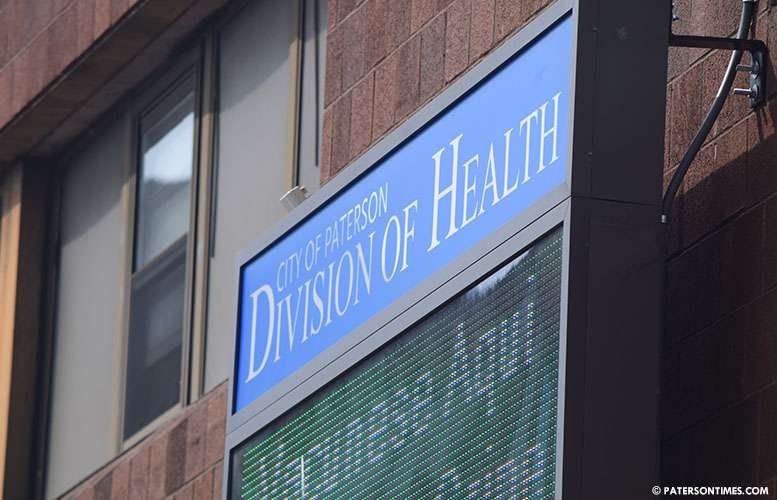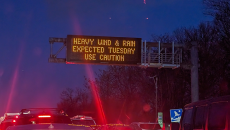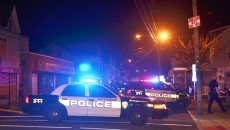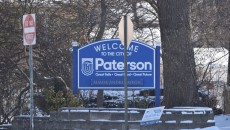Mayor Andre Sayegh’s administration has launched a lead abatement program to curb childhood lead exposure.
Officials said they have $4 million in state and federal funds for lead abatement. Funds will allow the Division of Health to handle lead abatement for 90-100 housing units.
“The Paterson Division of Health is very serious about protecting children from lead exposure. Lead in a child’s body affects the brain and nervous system — slow down growth and development, make it hard to pay attention and learn, damage hearing and speech. The effects of lead exposure cannot be corrected and therein lies the importance of preventing lead exposure,” said health officer Paul Persaud.
Persaud said the abatement program also funds temporary relocation for residents while contractors work on lead abatement. He said most children get lead poisoning from paint in homes built prior to 1978.
Paterson has one of the oldest housing stocks in New Jersey.
Paterson has had 300 cases of children with elevated blood lead levels of 5 micrograms per deciliter or greater this year, according to the health officer. He said recently the federal government has recommended the threshold be reduced to 3.5 micrograms per deciliter which is likely to lead to more cases.
The Division of Health offers free testing for children possibly exposed to lead. A venous blood lead test may be the only way to know if a child has been lead poisoned because they may not act or look sick, said Persaud.
Persaud said currently 4-5 housing units are in process of receiving lead abatement. He wants more residents and landlords to apply to the program to ensure their housing units are lead free.
Residents can call the Division of Health at (973) 321 1277 or go to 176 Broadway to apply for the free lead abatement program.



